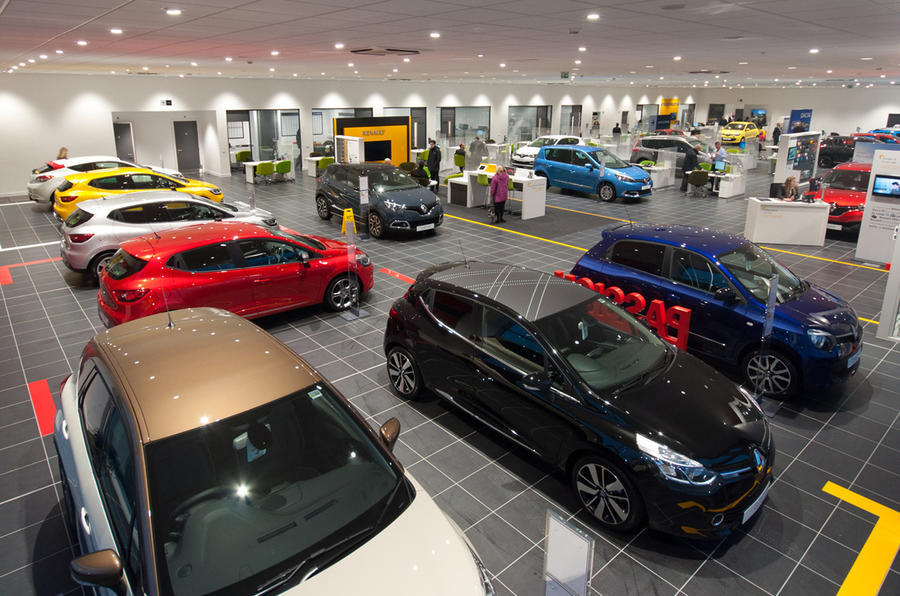UK car registrations for the first half of 2018 were down 6.3% over the same period in 2017, with the lowest number of new cars registered in the month of June since 2014 at 234,945.
In January-June, just over 1.3 million cars were registered, according to the Society of Motor Manufacturers and Traders (SMMT) — almost 88,000 fewer than in the same period in 2017. In June, registrations were down 3.5% compared with June 2017, with nearly 11,000 fewer cars registered.
Diesel registrations in June were down 28.2% year on year, representing 29,000 fewer cars than in June 2017, which itself declined by nearly 12,000 diesels compared with June 2016. In January-June, the diesel decline was more than 30%, with diesels now making up less than 32% of the UK market.
This trend continues to concern SMMT chief executive Mike Hawes, who called for greater government reassurance to the public that new diesel technology still has a place in the modern automotive marketplace: “Alternatively fuelled cars still represent only one in 20 registrations; they cannot yet have the impact in driving down overall emissions that conventional vehicles, including diesels, continue to deliver.”
June was a particularly strong month for alternatively fuelled vehicles, with the segment growing by 45% year on year and accounting for more than 15,500 monthly sales. Almost 73,000 alternatively fuelled cars have been registered to UK roads so far this year. “Despite a rocky first six months for the new car market, it’s great to see demand for alternatively fuelled vehicles continue to rise,” said Hawes.
“Recent government statements acknowledging the importance of petrol and diesel are encouraging. However, we now need a strategy that supports industry investment into next-generation technologies and puts motorists back in the driving seat, encouraged to buy the car that best suits their needs — whatever its fuel type.”
The private market posted only a modest decline in June, with a 0.6% fall taking the total down to 94,694 cars from 95,297 in June last year. The fleet market decreased by 6.4% in the same period, while business customers grew by more than 11% to 10,274 cars.
In terms of car segments, SUVs grew by 16.4% in June, with executive cars and luxury saloons the only other segments to post increases. Smaller cars retained their dominant 57.4% share of the market, though, with the Ford Fiesta remaining the UK’s most popular new car.





Join the debate
Add your comment
So here’s the thing.
There were too many diesels on the roads. Diesels being bought to nip around town - error in the making. However, let’s not forget that there are still a number of drivers who commute long journeys (why they commute long journeys is nobody’s business but theirs) - so diesel still has a relevance here, especially those who do higher mileages. It’s bad form on the manufacturers’ part who are just axing diesels left right and centre, as if those customers don’t matter to them and/or don’t exist.
Air pollution crackdown
Uncertainty about air pollution is the issue.
I could buy a car and then find that it has to have an air pollution emissions 'software update' that makes it worthless and undriveable. I am not going to take that risk. What happened with Mercedes-Benz recently confirmed my concern about this.
We don't know what new air pollution rules are going to be put in place. We don't know what kind of charges might be imposed for driving cars into towns and cities.
Certain cars might be completely banned from towns and cities in the near future - even very recent models.
Tyre dust and brake dust are the next things that might be targeted.
BREXIT has absolutely no effect on my car purchase decisions.
Reason
High numbers of low mileage ex-pcp cars are now coming on the market.